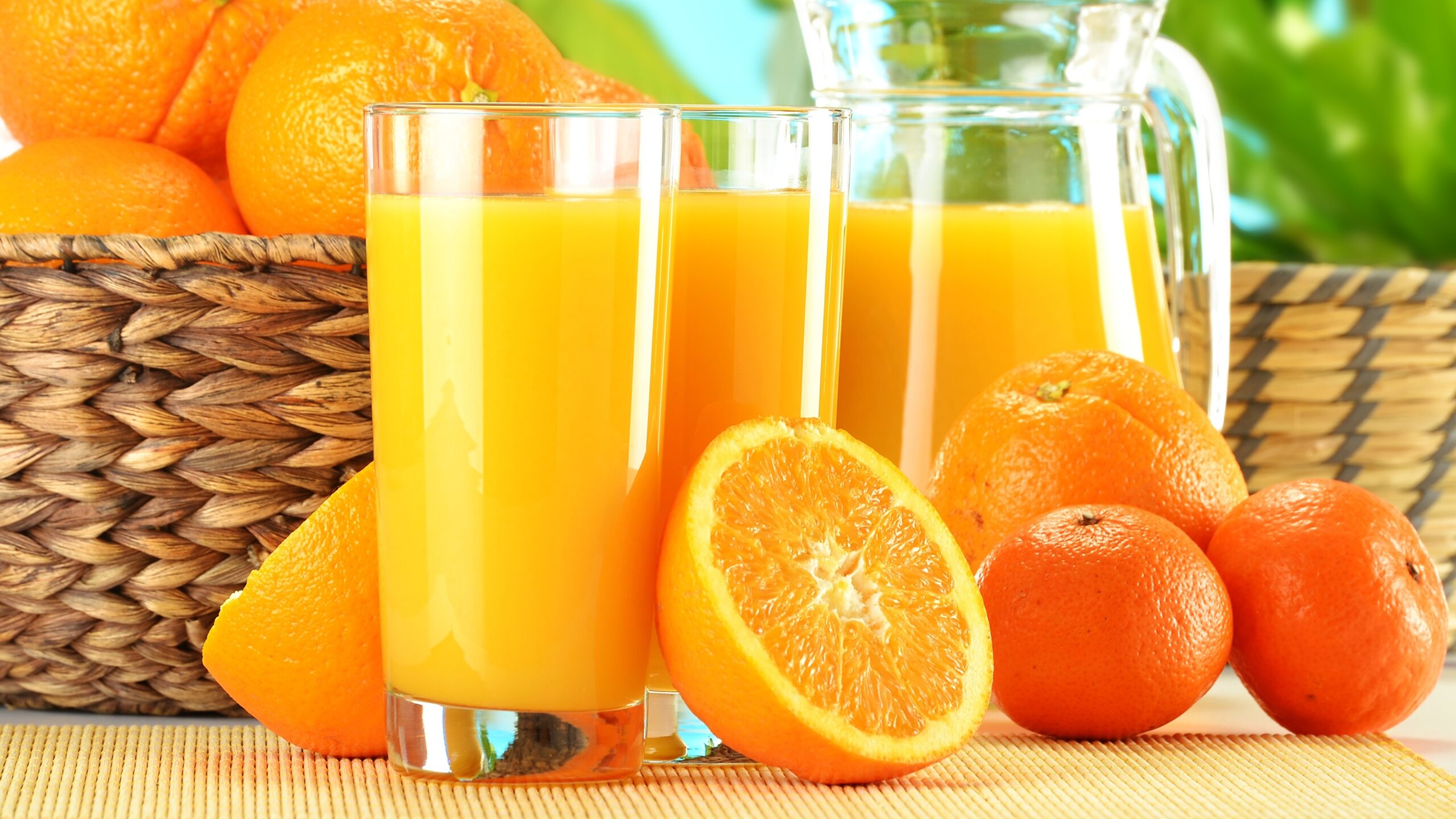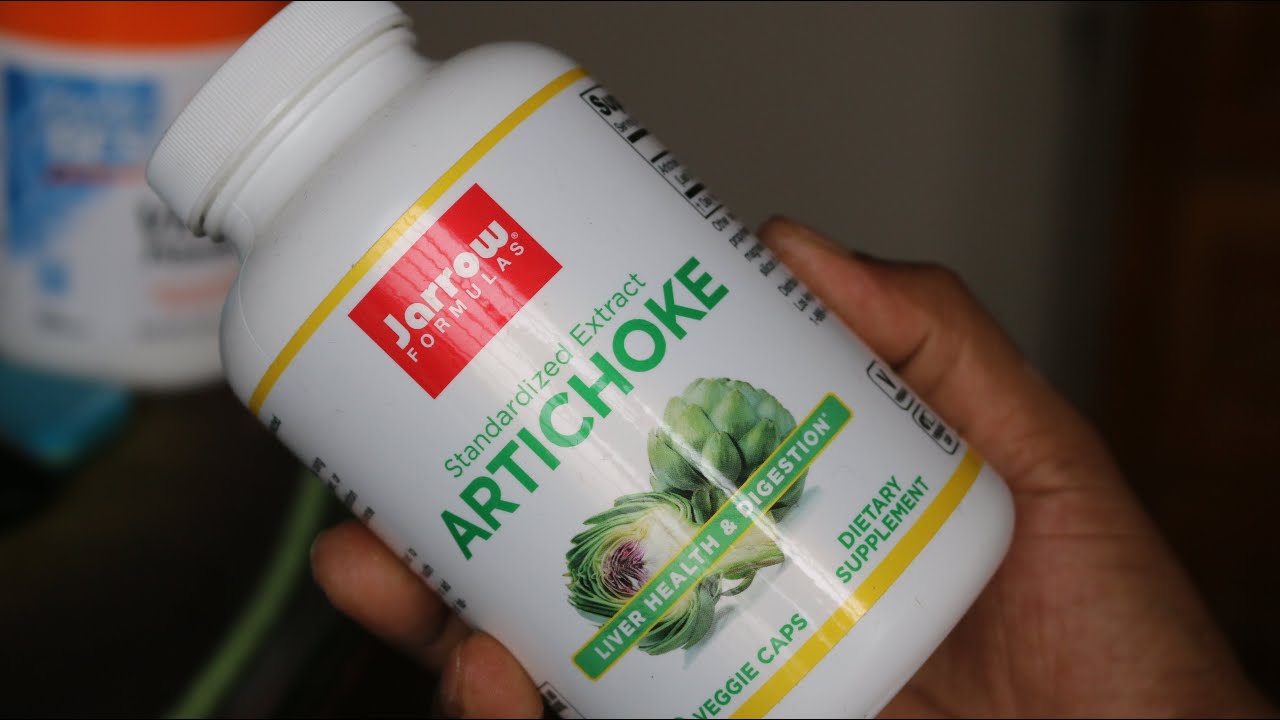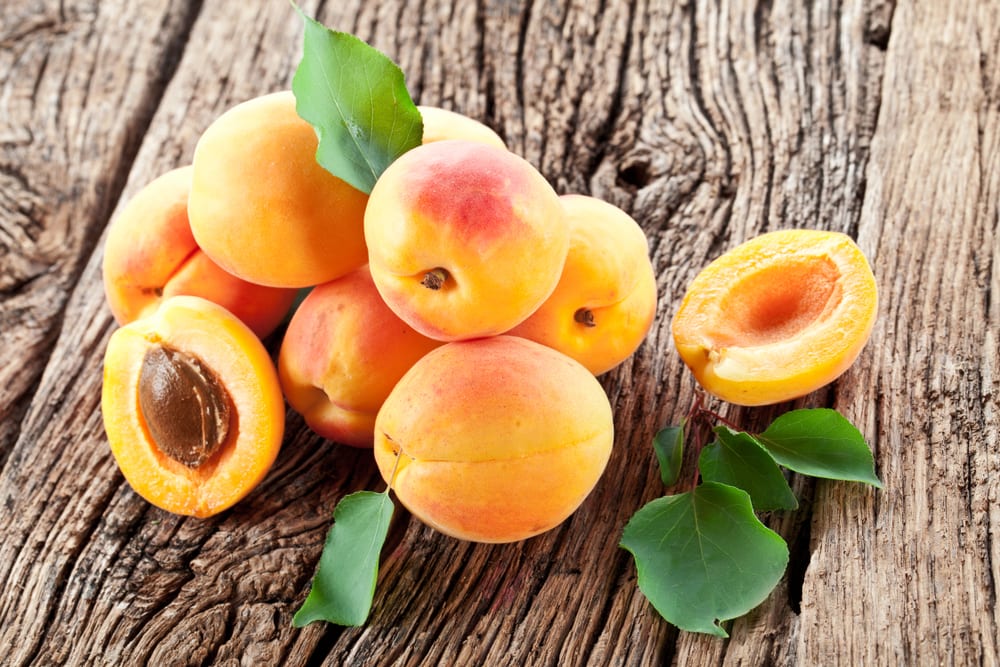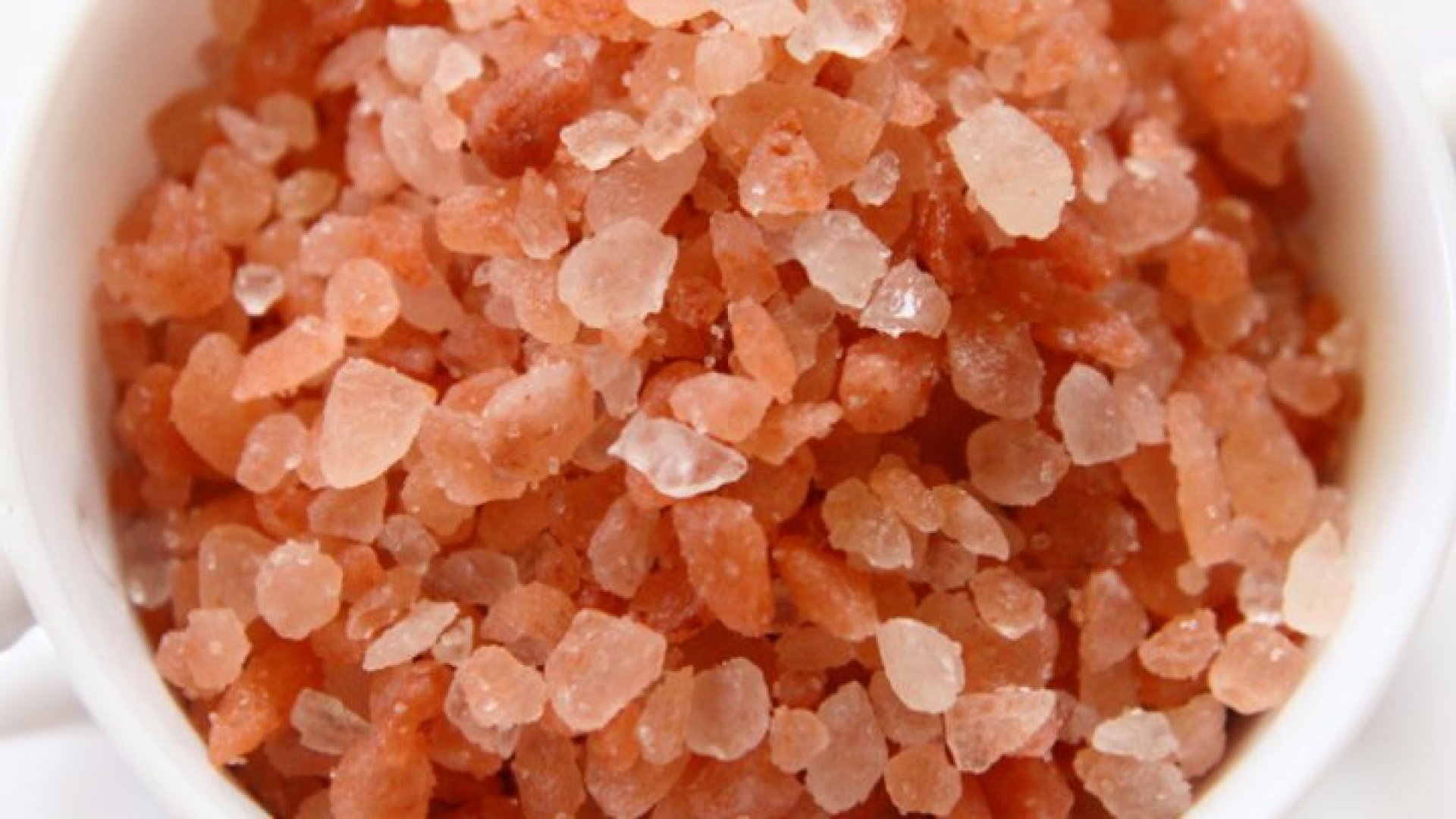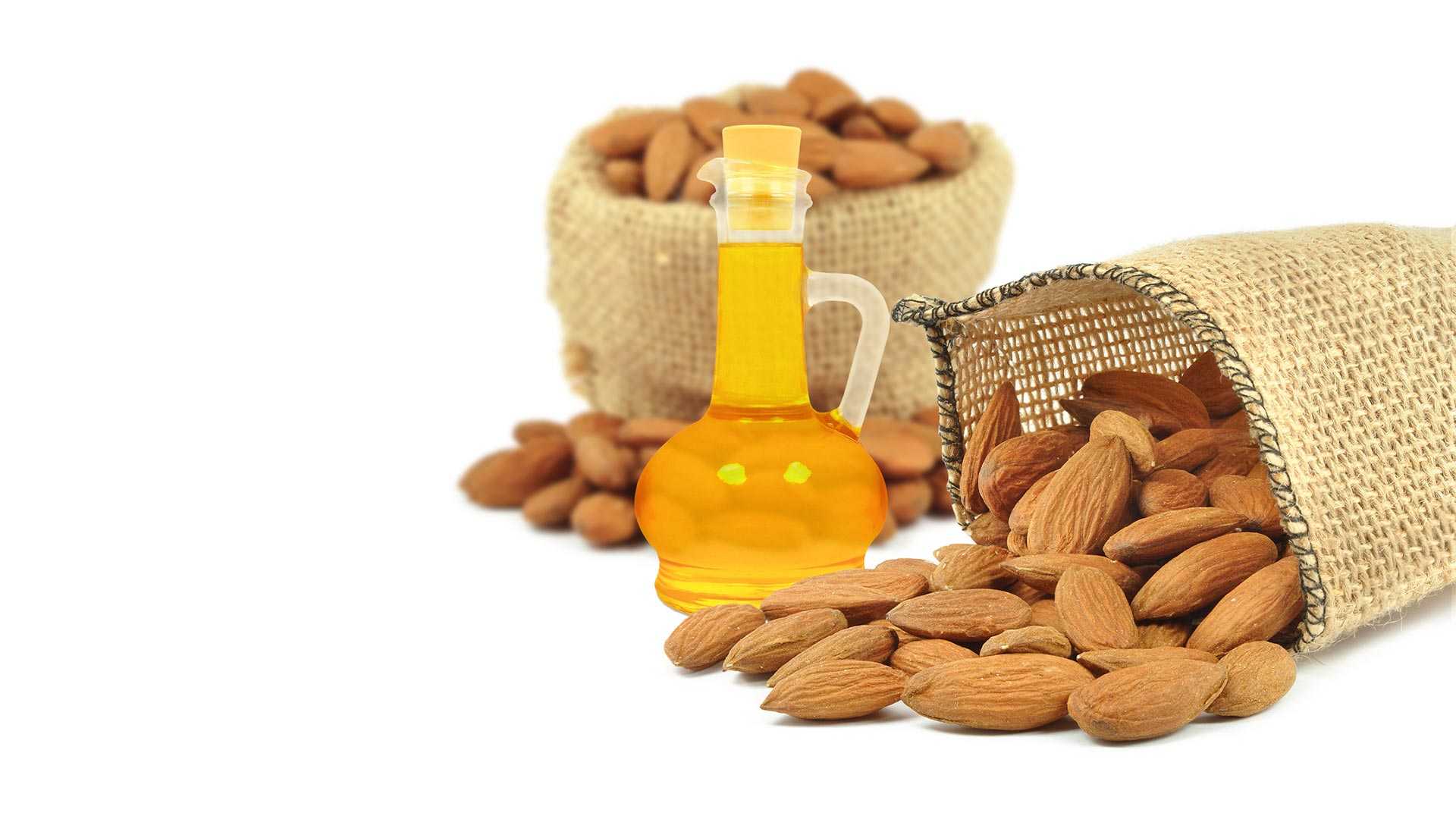Juice concentrates have become increasingly popular in recent years as a convenient and cost-effective alternative to fresh juices. However, there is ongoing debate regarding their nutritional value and potential health effects. In this comprehensive guide, we will delve into the topic of juice concentrates and explore whether they are good or bad for your health.
What are Juice Concentrates?
Juice concentrates are made by removing the water content from fruit or vegetable juice, leaving behind a concentrated form of the natural sugars, flavors, and nutrients. This process involves heating the juice to evaporate the water, resulting in a thick and viscous liquid that can be reconstituted by adding water. Juice concentrates are commonly used in the production of commercial juices, frozen juice bars, and other fruit-flavored products.
Nutritional Content of Juice Concentrates
One of the main concerns surrounding juice concentrates is their nutritional content. While they do contain the natural sugars, flavors, and some nutrients present in fresh juices, the concentration process may result in a loss of certain heat-sensitive vitamins and antioxidants. Additionally, the removal of water concentrates the natural sugars, leading to a higher sugar content compared to fresh juices. This can be problematic for individuals watching their sugar intake or managing conditions such as diabetes.
Added Sugars and Caloric Intake
Juice concentrates often contain added sugars to enhance the flavor and extend the product’s shelf life. These added sugars can significantly increase the caloric content of the juice and contribute to excessive sugar consumption. Excessive sugar intake has been linked to various health issues, including obesity, type 2 diabetes, and heart disease. Therefore, it is crucial to read the labels and choose juice concentrates with minimal added sugars, or even better, opt for natural, unsweetened varieties.
Dilution and Water Quality
One advantage of juice concentrates is their long shelf life and ability to be reconstituted by adding water. However, this dilution process raises concerns about the quality of water used. It is essential to use clean, filtered water to ensure that no contaminants or impurities are introduced into the juice. Poor water quality can compromise the taste and safety of the reconstituted juice, so it’s important to pay attention to this aspect.
Fiber Content
Fiber is an essential component of a healthy diet, aiding in digestion, regulating blood sugar levels, and promoting satiety. Unfortunately, the concentration process of juice concentrates often removes or reduces the natural fiber content found in whole fruits and vegetables. This can be a disadvantage for individuals looking to increase their fiber intake or those who rely on juices as a source of dietary fiber.
Phytochemicals and Antioxidants
Fresh fruits and vegetables are rich in phytochemicals and antioxidants, which have numerous health benefits, including reducing the risk of chronic diseases like cancer and cardiovascular conditions. While some phytochemicals and antioxidants may be preserved in juice concentrates, others are heat-sensitive and may be lost during the concentration process. Therefore, consuming fresh fruits and vegetables is generally considered a better way to obtain a wider range of phytochemicals and antioxidants.
Digestive Health and Gut Microbiome
The fiber found in whole fruits and vegetables plays a crucial role in maintaining a healthy digestive system and promoting the growth of beneficial gut bacteria. Since juice concentrates often lack fiber, they may not provide the same digestive health benefits as whole fruits and vegetables. If you’re looking to support your gut health, it’s advisable to prioritize the consumption of whole foods rather than relying solely on juice concentrates.
Overall Dietary Considerations
When deciding whether juice concentrates are good or bad for you, it’s important to consider your overall dietary pattern and lifestyle. If you consume a well-balanced diet that includes a variety of whole fruits and vegetables, the occasional consumption of juice concentrates may not have significant negative effects. However, if you rely heavily on juice concentrates as a primary source of fruit or vegetable intake, you may be missing out on the benefits of consuming whole foods and their associated nutrients.
In conclusion, juice concentrates can be a convenient option for those seeking a quick and easy fruit or vegetable beverage. However, they should not replace the consumption of whole fruits and vegetables in your diet. While juice concentrates may contain some nutrients and flavors, they often lack fiber and can have a higher sugar content due to added sugars. To maintain a healthy diet, it’s important to prioritize whole, fresh fruits and vegetables, and consider juice concentrates as an occasional treat or supplement, rather than a primary source of nutrition.
- Top CBD Tinctures Reviewed An In-Depth Analysis By Fab CBD - August 24, 2024
- Dive into Flavor: Exploring the Art of Drip Vaping - February 28, 2024
- Juice Concentrates: Good or Bad? - July 11, 2023

